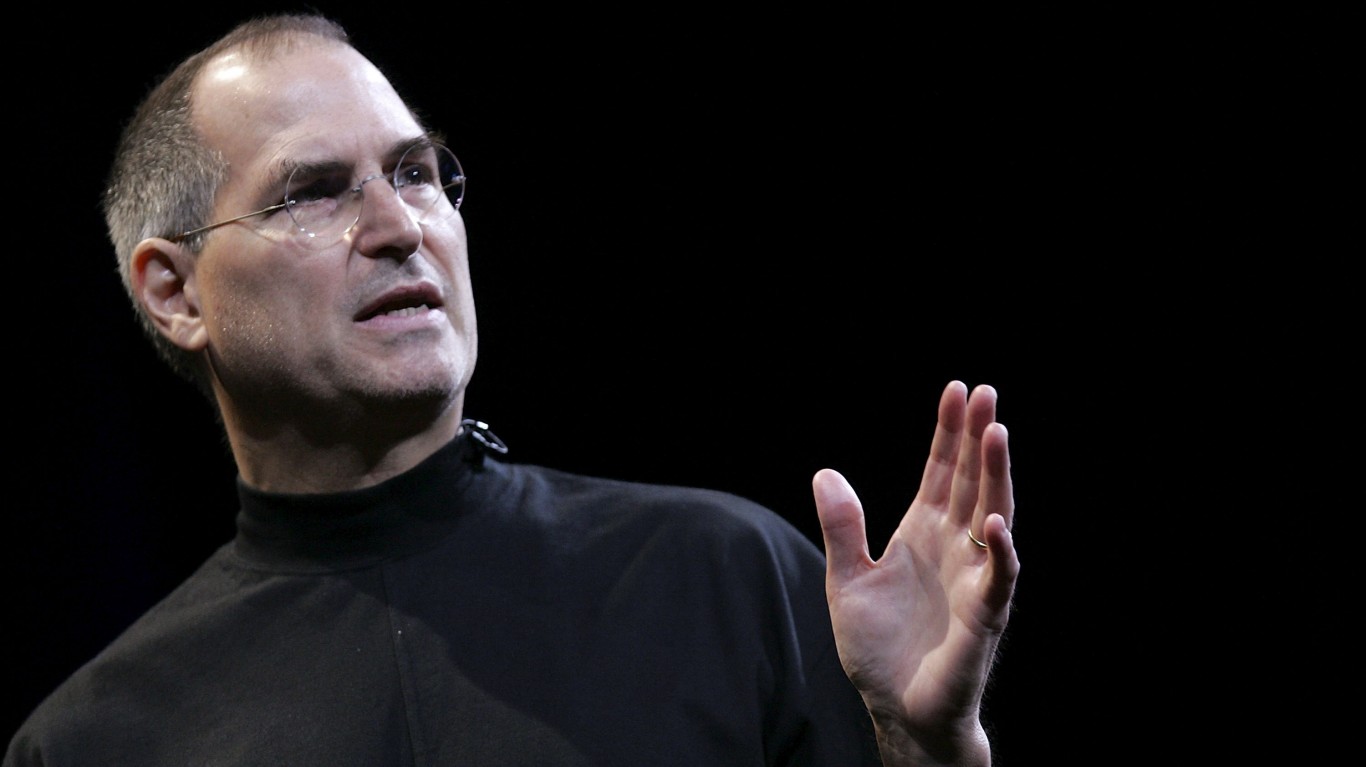Technology
What's Up With Apple: Ericsson Sues, Apple Settles With Patent Troll, and More

Published:

Apple Inc. (NASDAQ: AAPL) didn’t make much news on Monday. Or, if it did, the news was overshadowed by the several-hour outage at Facebook, Instagram, WhatsApp and Oculus that turned out to be a Facebook foul-up that the company owned up to at its engineering website:
Our engineering teams have learned that configuration changes on the backbone routers that coordinate network traffic between our data centers caused issues that interrupted this communication. This disruption to network traffic had a cascading effect on the way our data centers communicate, bringing our services to a halt.
[in-text-ad]
The timing of the outage (so near the “60 Minutes” appearance by whistleblower Frances Haugen) raised the possibility that the services may have been targeted by a hacker. Not the case, apparently.
Apple did make some legal news on Monday. Sweden-based electronics giant Ericsson filed suit against Apple in federal district court claiming that Apple uses unfair practices to dodge royalty payments to Ericsson for what are known in the industry as FRAND patents. These are patents that provide fundamental technology that the patent owners must share with any firm that wants the technology on “fair, reasonable, and non-discriminatory” (FRAND) terms. In this case, the patents are related to baseline 5G communications technology.
Apple has had many disputes over the years with patent owners claiming that Apple didn’t live up to licensing agreements. In 2019, Apple paid an estimated $4.5 billion to Qualcomm to settle litigation over 5G technology. Shortly after the settlement, Apple acquired Intel’s 5G modem business and has plans to make its own 5G chips. That does not completely solve the baseline patent royalty issues, however.
In the second bit of legal news, Apple has agreed to pay $95 million to settle a class-action suit filed in 2016 charging the company with replacing devices covered by the company’s warranty plans with refurbished, not new, devices. In the terms and conditions of the warranties, Apple made clear that the company “may use parts or products that are new or refurbished and equivalent to new in performance and reliability.” The plaintiffs argued that refurbished or remanufactured devices are not equivalent.
Apple denied that refurbished devices are not the equal of new ones, but it chose to settle the lawsuit to save time and further legal expenses.
October 4, 2011, was the day that Apple exec Phil Schiller introduced Siri, the company’s voice assistant, to the world. It was the first such product on the market. Ten years later, writes James Vincent at The Verge, Siri is “[i]nferior to Google Assistant on mobile and outmaneuvered by Amazon’s Alexa in the home.”
On October 5, 2011, Apple co-founder Steve Jobs died from complications related to pancreatic cancer. Apple’s homepage for Tuesday includes a homage to Jobs.
Thank you for reading! Have some feedback for us?
Contact the 24/7 Wall St. editorial team.